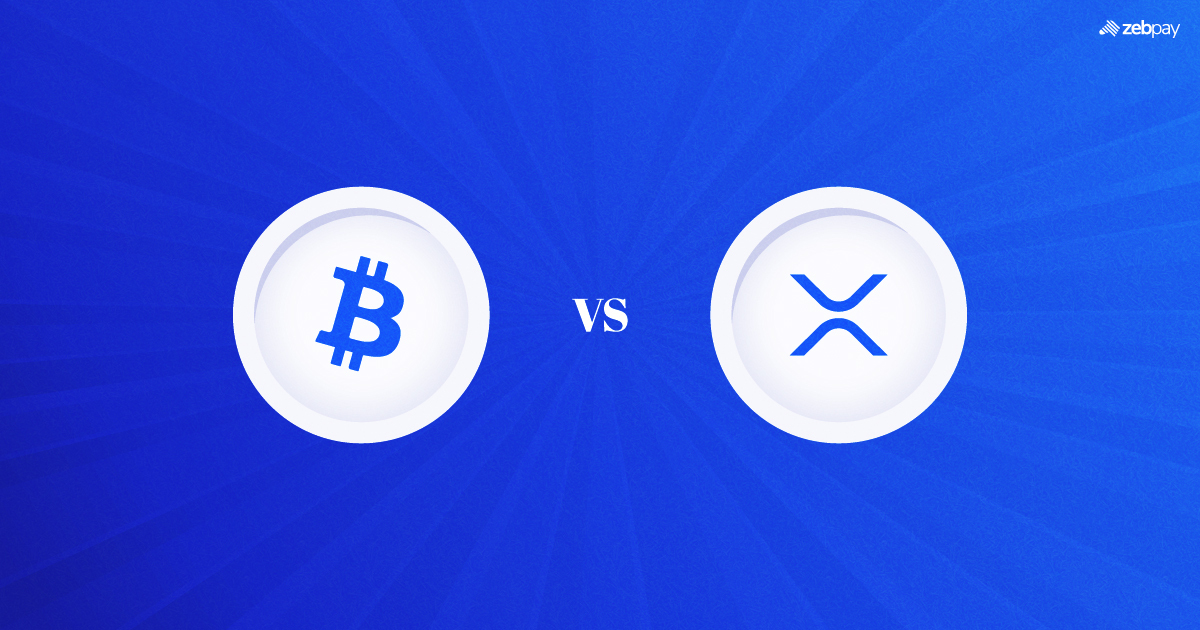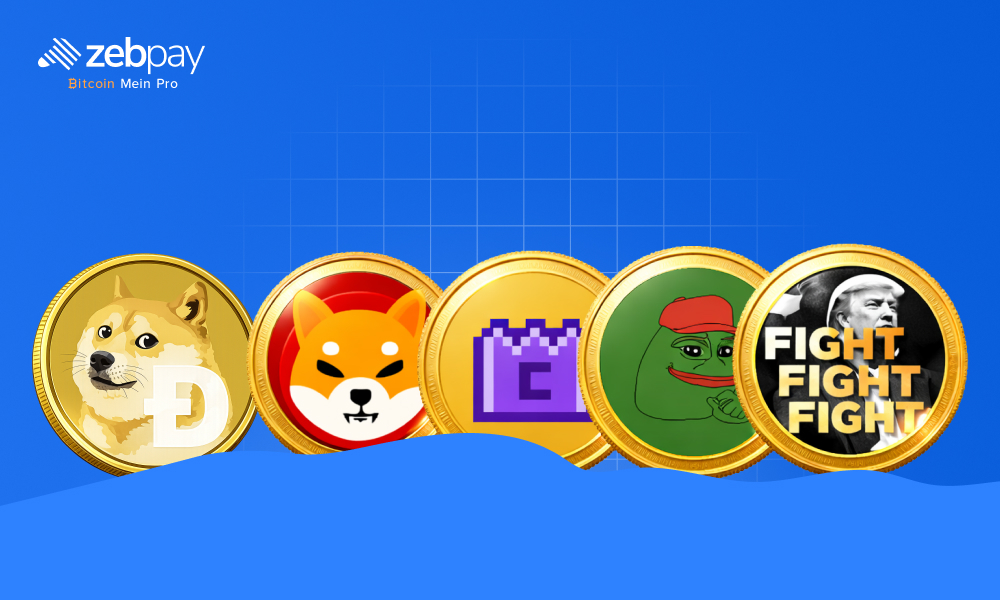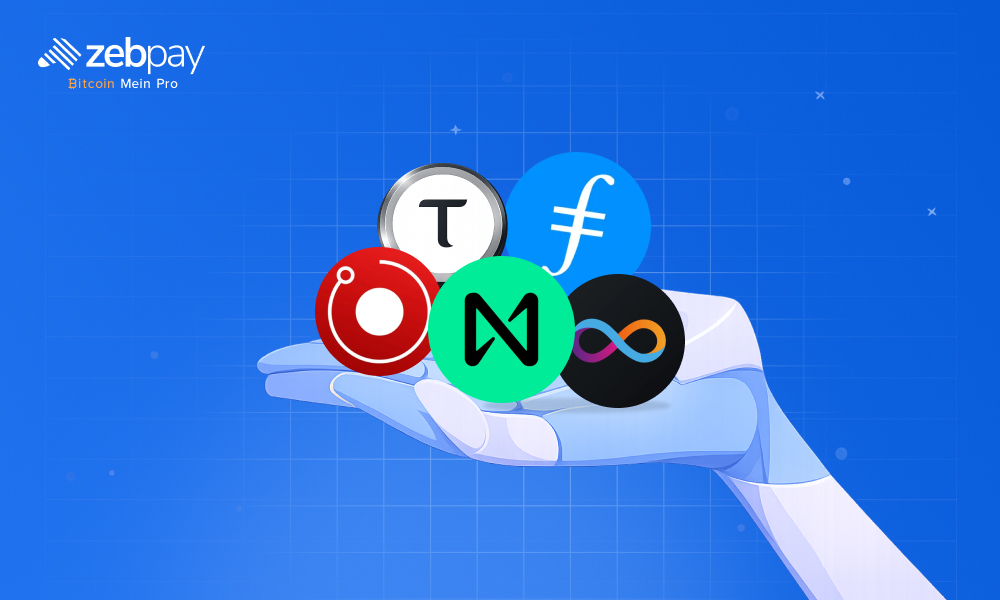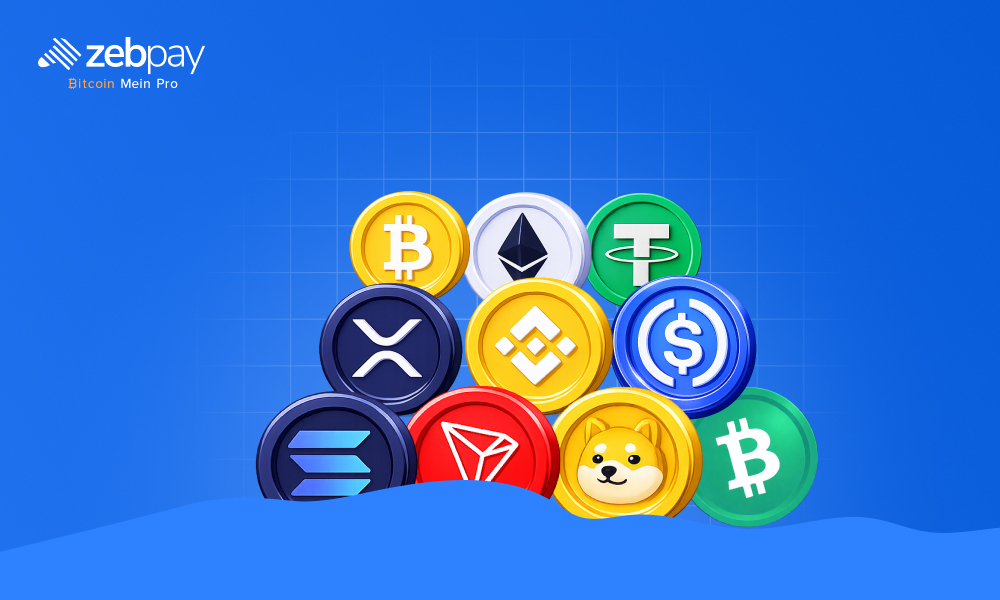Since its inception in 2009, Bitcoin has revolutionized finance, cementing itself as the most recognized crypto asset. However, it’s not the only player in the game. Ripple (XRP) has emerged as a strong contender, offering a different approach to digital transactions. So, when comparing XRP vs. Bitcoin, which one truly stands out?
What is Bitcoin?
Bitcoin is the first and most established crypto asset, pioneering the concept of blockchain and decentralized ledgers.
It operates on a public, decentralized ledger that records all accounts and transactions. Before being finalized, each transaction must be verified by network participants.
These participants, known as miners, use powerful computers to solve complex cryptographic puzzles. The first to solve a puzzle adds a new block to the blockchain and earns rewards in Bitcoin.
What is XRP Coin?
Ripple Labs introduced XRP in 2012, not as a competitor to Bitcoin, but as a solution for inefficiencies in global payment systems. Today, it is primarily used by banks and financial institutions for payment settlements, cross-border transfers, and remittances.
The Ripple network positions XRP as a faster alternative to the traditional SWIFT system, which banks rely on for settlements. While SWIFT transactions can take 1-4 days to process, XRP completes them in seconds.
Differences Between Bitcoin and XRP
Transaction Details
XRP transactions are both cheaper and faster than Bitcoin transactions. Since Bitcoin requires computers to solve complex cryptography problems, it can be time-consuming. On the other hand, XRP transactions take just seconds to process and confirm. Therefore, the Bitcoin blockchain can support fewer users than XRP.
Consensus Mechanism
Bitcoin uses the proof of work mechanism. Under this system, powerful computers are used by miners to solve complex mathematical puzzles. The first one to arrive at the solution can add a validated block to the chain. As payment for the energy and time expended, BTC tokens are rewarded to the winner.
XRP instead does not use crypto mining for its consensus. Validation is based on a pre-determined set of “nodes” – or users – voting on each block to be added to the chain. If a majority of the nodes agree that the block is valid, it is finalised.
Energy Efficiency
Proof of work is a highly energy-intensive process. The use of powerful computers also requires a lot of electricity to be expended. Some estimates indicate that Bitcoin mining uses as much power as entire countries.
XRP is much more energy efficient. There is no requirement for complex puzzles as only a select few nodes vote on validation. This does not require a risk-reward mechanism like Bitcoin.
Tokenomics
Bitcoin has a fixed supply limit of 21 million coins, as coded into its protocol. Currently, 19.83 million are in circulation. With each mined block, 3.125 BTC are released to the validator, a process regulated by Bitcoin halving, which adjusts rewards based on the remaining supply.
Ripple, on the other hand, pre-mined 1 billion XRP tokens at launch, distributing them to users. New XRP is released through a smart contract, with a cap of 1 billion tokens per month. The total supply is nearly 100 billion, with 58.1 billion currently in circulation.
Bitcoin vs. XRP: Uses and Examples
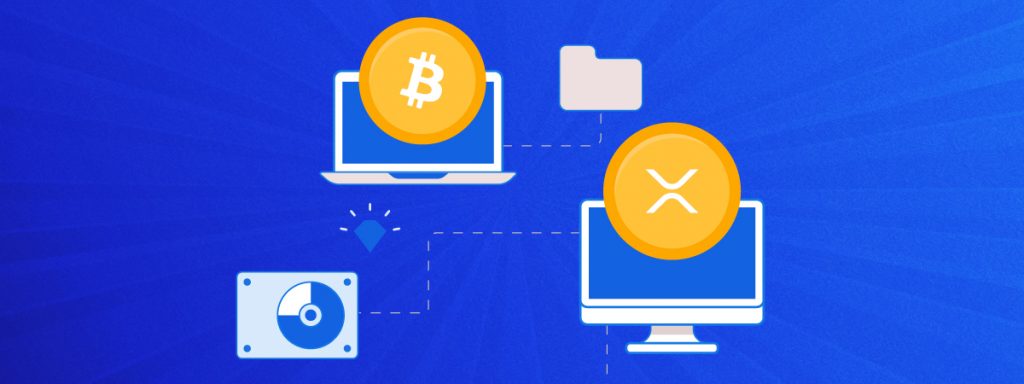
Bitcoin, while the most well-known crypto asset, is primarily designed for simple transactions. It is widely used by individuals who value the security, decentralization, and ease of digital payments.
XRP, on the other hand, is tailored for businesses and financial institutions. Its core function is streamlining payment settlement systems, making cross-border transactions faster and more cost-effective. While individuals can use XRP, its true impact is often seen through banks and payment providers integrating Ripple’s network.
To illustrate the difference, imagine using both assets. Bitcoin functions like digital cash—you can use it for purchases if a business accepts it. It offers a direct and decentralized way to transact.
XRP simplifies global money transfers. If you move abroad for work and want to send money home, traditional banking channels involve multiple intermediaries, high fees, and delays of 1-4 days. With XRP, both you and your family simply create an XRP-compatible wallet. The money is instantly converted into XRP and transferred within seconds, eliminating long wait times and excessive costs.
Both Bitcoin and XRP have their strengths—Bitcoin excels as a decentralized store of value, while XRP enhances efficiency in financial settlements. Each plays a unique role in shaping the future of digital finance.
Is Bitcoin Decentralised?
Bitcoin remains one of the most decentralized crypto assets, with a global user base and an open mining process. While early mining was possible with basic computers, advancements in technology and increased network security have led to greater mining difficulty. As a result, miners now use specialized ASIC hardware to enhance efficiency and maintain the network’s integrity.
This evolution has also driven innovation in mining infrastructure, encouraging the development of mining pools and renewable energy solutions. While mining has become more competitive, Bitcoin’s decentralized nature ensures that control remains distributed across a diverse global network of participants.
Is XRP Decentralised?
While XRP operates on decentralized blockchain technology, its consensus mechanism differs from Bitcoin’s proof of work. Instead of mining, XRP transactions are validated by a pre-selected group of trusted nodes, ensuring faster and more energy-efficient processing.
This streamlined approach is particularly beneficial for banks and financial institutions, allowing for seamless cross-border transactions with minimal delays and costs. While node participation is limited to Ripple’s partners, this structure enhances network stability and reliability, making XRP an efficient and scalable solution for global payment settlements.
Read more: How Ripple can transform Traditional Banking
Final Thoughts
When comparing Ripple and Bitcoin, there is no definitive winner—each excels in different areas, making the choice dependent on user and investor preferences. Bitcoin stands out for its popularity and high decentralization, though it can be slower and more expensive to use. In contrast, XRP offers fast and low-cost transactions but operates within a more centralized framework, with its development managed by a single entity. Despite their differences, both assets can play a valuable role in a diversified portfolio.
You can now buy Bitcoin and Ripple on ZebPay. Level up your trading experience using ZebPay’s brand-new update!

